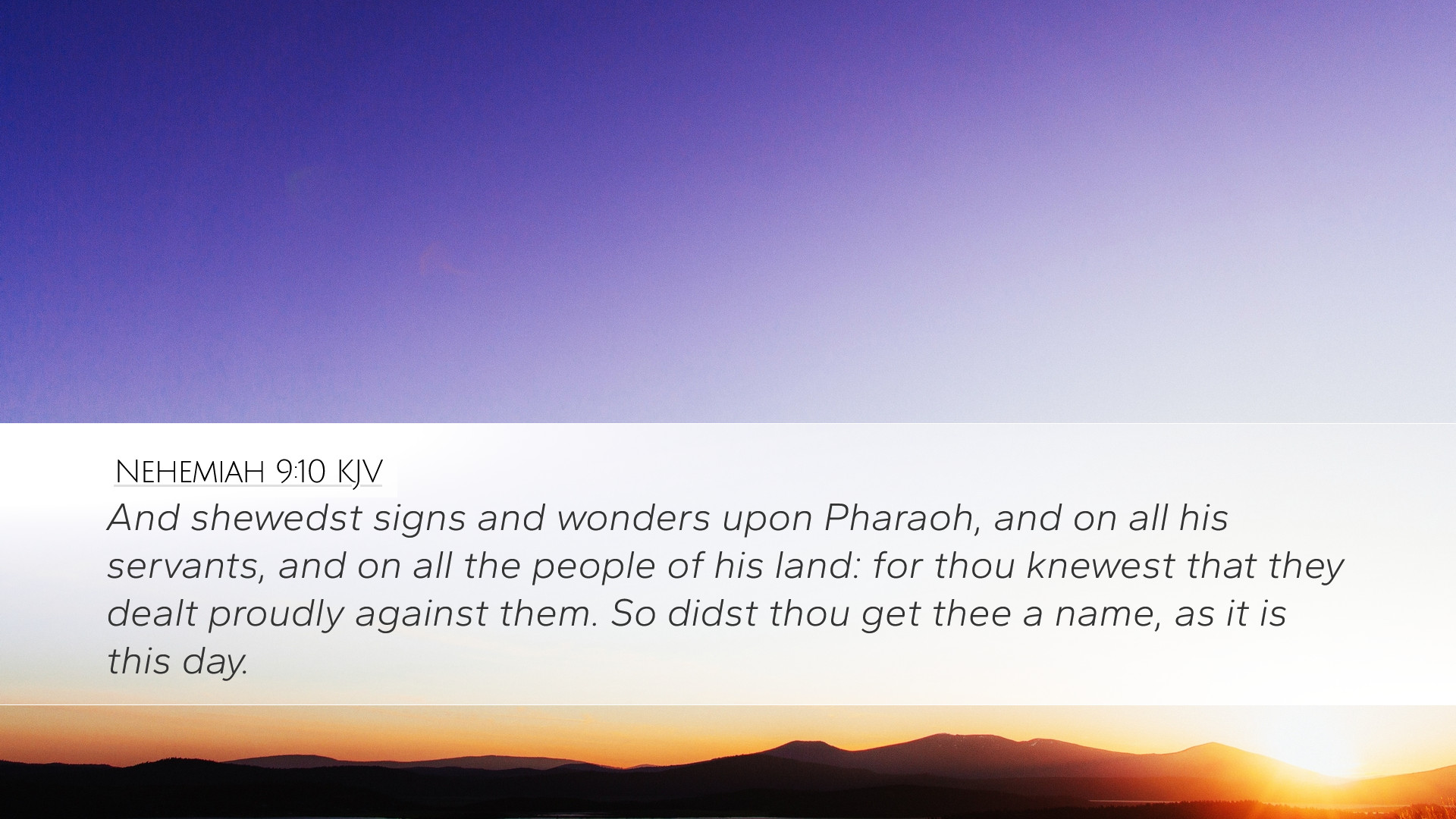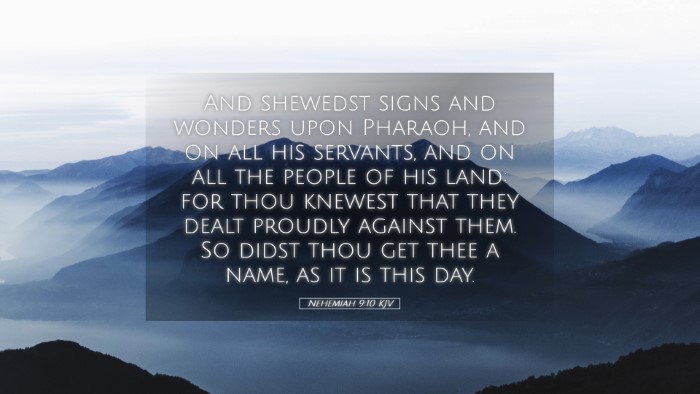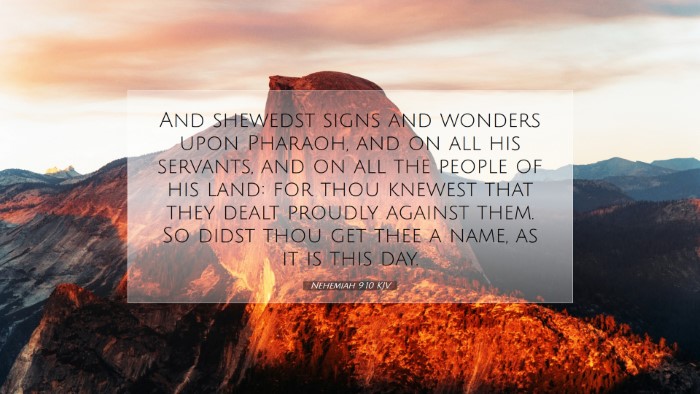Old Testament
Genesis Exodus Leviticus Numbers Deuteronomy Joshua Judges Ruth 1 Samuel 2 Samuel 1 Kings 2 Kings 1 Chronicles 2 Chronicles Ezra Nehemiah Esther Job Psalms Proverbs Ecclesiastes Song of Solomon Isaiah Jeremiah Lamentations Ezekiel Daniel Hosea Joel Amos Obadiah Jonah Micah Nahum Habakkuk Zephaniah Haggai Zechariah MalachiVerse
Nehemiah 9:1 Nehemiah 9:2 Nehemiah 9:3 Nehemiah 9:4 Nehemiah 9:5 Nehemiah 9:6 Nehemiah 9:7 Nehemiah 9:8 Nehemiah 9:9 Nehemiah 9:10 Nehemiah 9:11 Nehemiah 9:12 Nehemiah 9:13 Nehemiah 9:14 Nehemiah 9:15 Nehemiah 9:16 Nehemiah 9:17 Nehemiah 9:18 Nehemiah 9:19 Nehemiah 9:20 Nehemiah 9:21 Nehemiah 9:22 Nehemiah 9:23 Nehemiah 9:24 Nehemiah 9:25 Nehemiah 9:26 Nehemiah 9:27 Nehemiah 9:28 Nehemiah 9:29 Nehemiah 9:30 Nehemiah 9:31 Nehemiah 9:32 Nehemiah 9:33 Nehemiah 9:34 Nehemiah 9:35 Nehemiah 9:36 Nehemiah 9:37 Nehemiah 9:38

